Have you ever been caught off guard by the sudden sweetness of an older cat? Maybe a once-distant feline now curls up in your lap, purring louder than ever before. This surprising change can tug at your heartstrings and spark a million questions. Many cat lovers have wondered: could senior cats actually be more emotionally affectionate as they age? Let’s dive into the mysterious and heartwarming world of senior cats, where experience, wisdom, and a softer paw might just make all the difference.
The Surprising Shift in Senior Cat Behavior
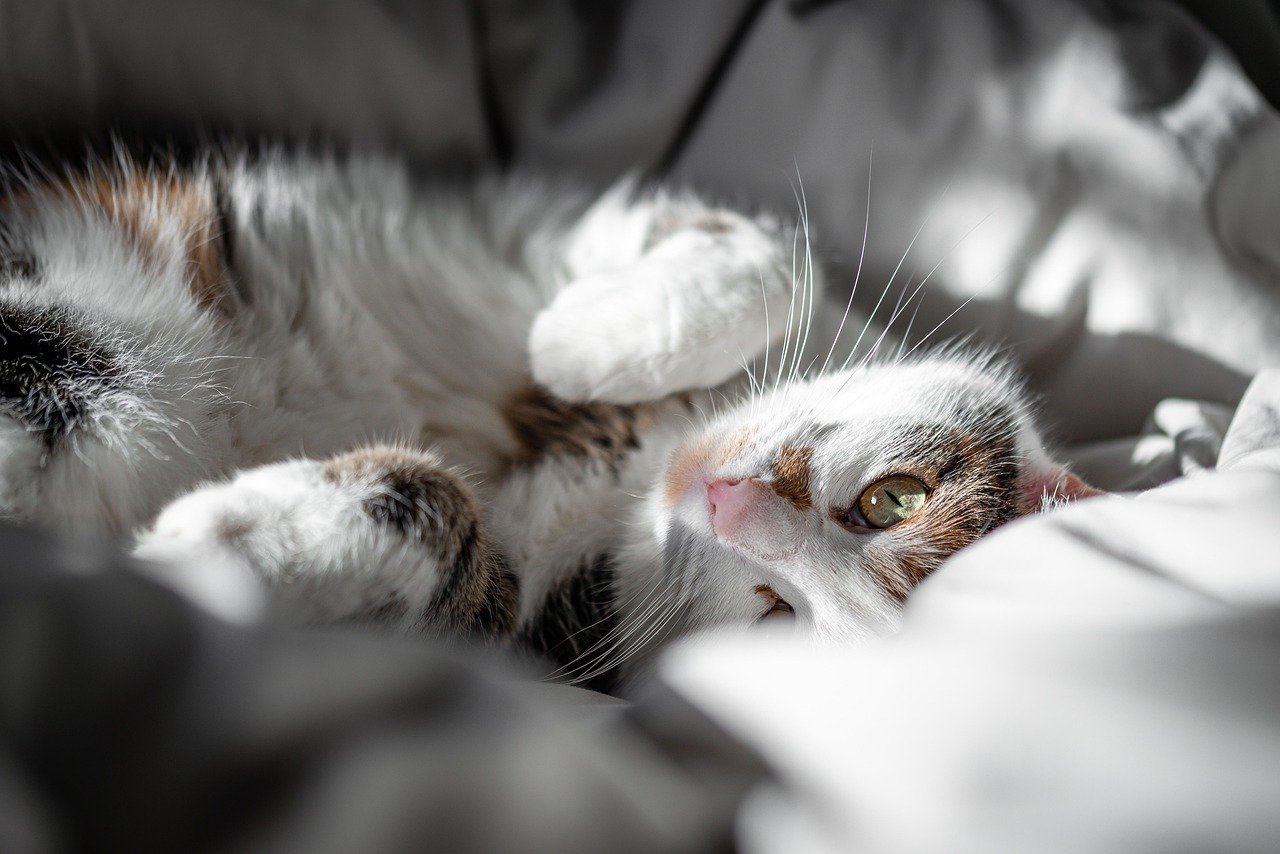
As cats grow older, their behavior often changes in unexpected ways. Some senior cats become noticeably gentler and more attached to their humans. It’s not uncommon for a previously aloof kitty to start seeking out cuddles or following you from room to room. This shift can be both shocking and delightful for pet parents who remember their cat’s youth as a whirlwind of independence. One theory is that, as cats age, they find comfort in familiar routines and people, making them more likely to show affection. Their world becomes smaller, and you—yes, you—become the safe center of it all. Sometimes, the change is so sudden that it feels like you’ve adopted a brand new cat.
Why Do Older Cats Seek More Company?
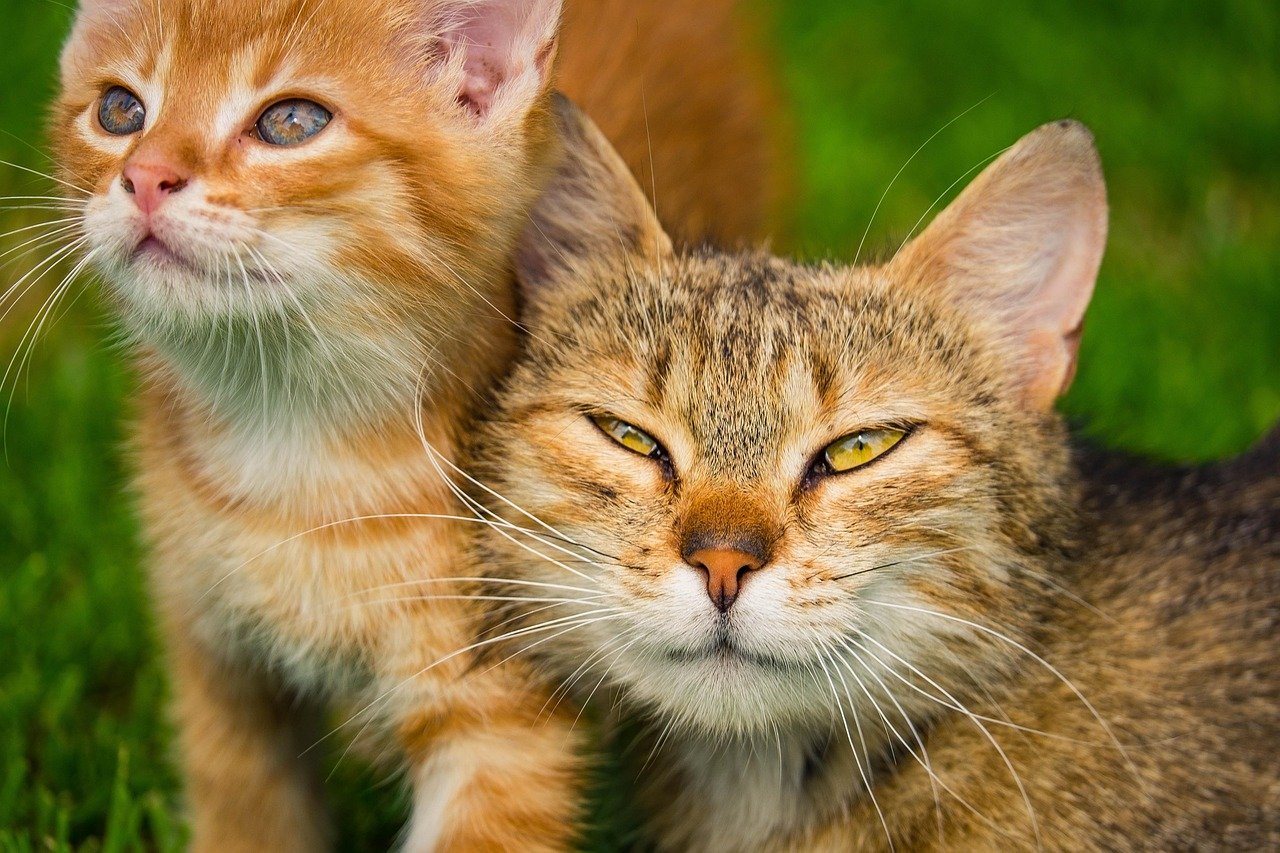
Older cats often crave companionship more than they did in their younger years. This can be because aging brings about changes in their senses and confidence. As their eyesight or hearing fades, senior cats may feel more vulnerable, and your presence brings them reassurance. They may also nap more and, during these moments of rest, want nothing more than to have a warm body nearby. Interestingly, some owners report that their senior cats become “shadows,” quietly following them around the house and settling nearby at every opportunity. The comfort of familiar faces can help ease any anxiety that comes with the uncertainties of aging.
Slower Pace, Deeper Bonds

With age, cats tend to slow down. They’re not as interested in sprinting up curtains or chasing invisible bugs. Instead, they spend more time lounging, observing, and, often, cuddling. This slower pace can actually open the door to a deeper, more meaningful bond between you and your cat. Think of it like an old friend who now prefers long, quiet talks over wild nights out. Your senior cat might initiate more gentle head bumps or nuzzle into your arm during TV time. It’s as if they’re saying, “I’ve been wild; now I want to be close.”
The Science of Senior Cat Affection

Veterinary science suggests that hormonal changes in older cats can affect their mood and behavior. Lower energy levels and shifts in brain chemistry might make them less reactive to stress and more open to affection. This is similar to how some people mellow out with age. There’s also evidence that as cats age, their social needs can increase, prompting them to seek out more attention from their humans. These biological changes can make older cats more emotionally present and affectionate, even if they spent their youth keeping you at paw’s length.
Understanding Feline Emotional Intelligence

Cats are often underestimated when it comes to emotional intelligence. However, senior cats seem to develop a special sensitivity to their owners’ feelings. Many cat parents notice that their older cats seem to “know” when they’re feeling down, cuddling closer or purring louder during tough times. This emotional attunement may be a result of years spent observing and living closely with their humans. It’s almost as if your senior cat has become an expert at reading your moods and responding with their own unique brand of comfort.
The Comfort of Routine for Aging Cats
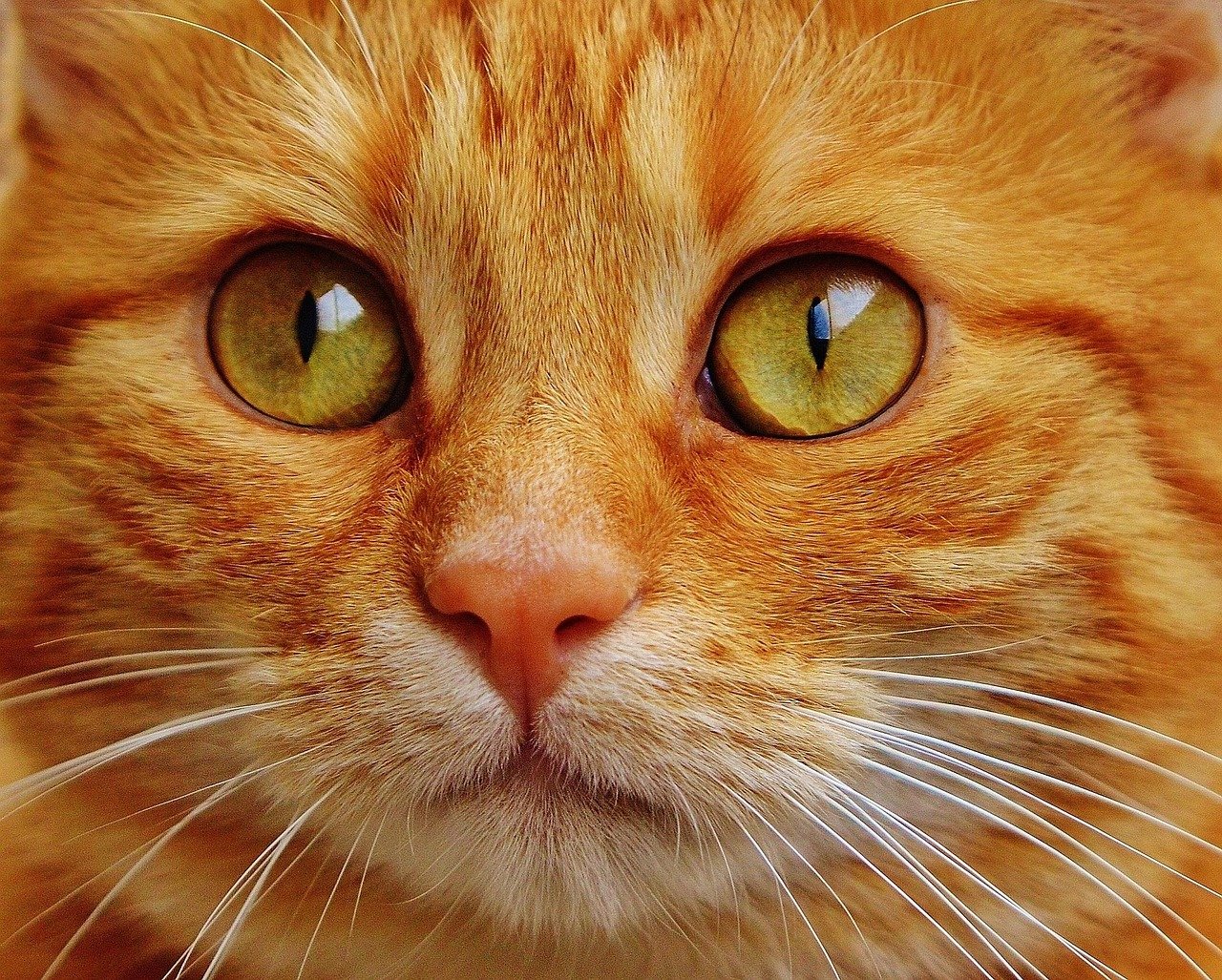
Senior cats thrive on routine, and this predictability can make them more affectionate. Familiar sights, sounds, and smells become increasingly important as they age. You, as part of that routine, represent safety and comfort. When the world feels uncertain, curling up with you can be the highlight of their day. Even small rituals, like a nightly brushing or a warm lap at a certain time, can strengthen your bond. Routine isn’t just comforting for cats—it’s a way to express love and trust.
Health Changes Can Drive Closeness
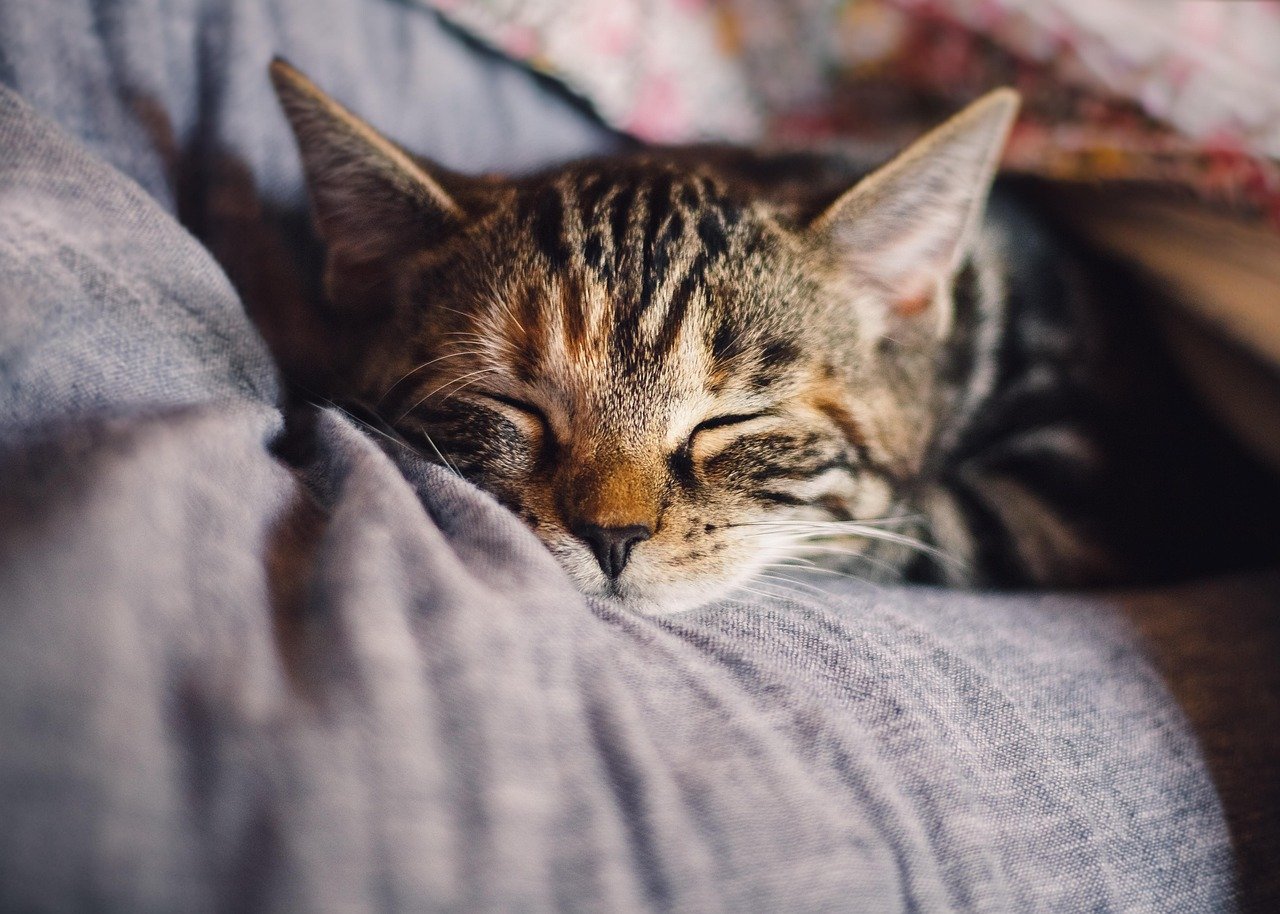
It’s important to recognize that health changes in older cats can also influence their behavior. Arthritis or other age-related aches might make a senior cat less likely to leap and more likely to seek soft, cozy spaces—often right next to you. Sometimes, a senior cat’s increased affection is their way of asking for comfort and reassurance. If your older feline is suddenly more attached, it could be their way of coping with physical discomfort and finding relief in your gentle touch.
Long-Term Trust Builds Stronger Connections

A cat who has spent many years with you has built up a reservoir of trust. Senior cats often feel more secure with their owners than they ever did before. This long-term trust can break down barriers and encourage an outpouring of affection that wasn’t there in kittenhood. If you’ve earned a senior cat’s trust, you’ll notice subtle signs: slow blinks, kneading, and even that rare, blissful belly-up sprawl. It’s a beautiful reward for years of care and patience.
Adapting to Changes in Senses
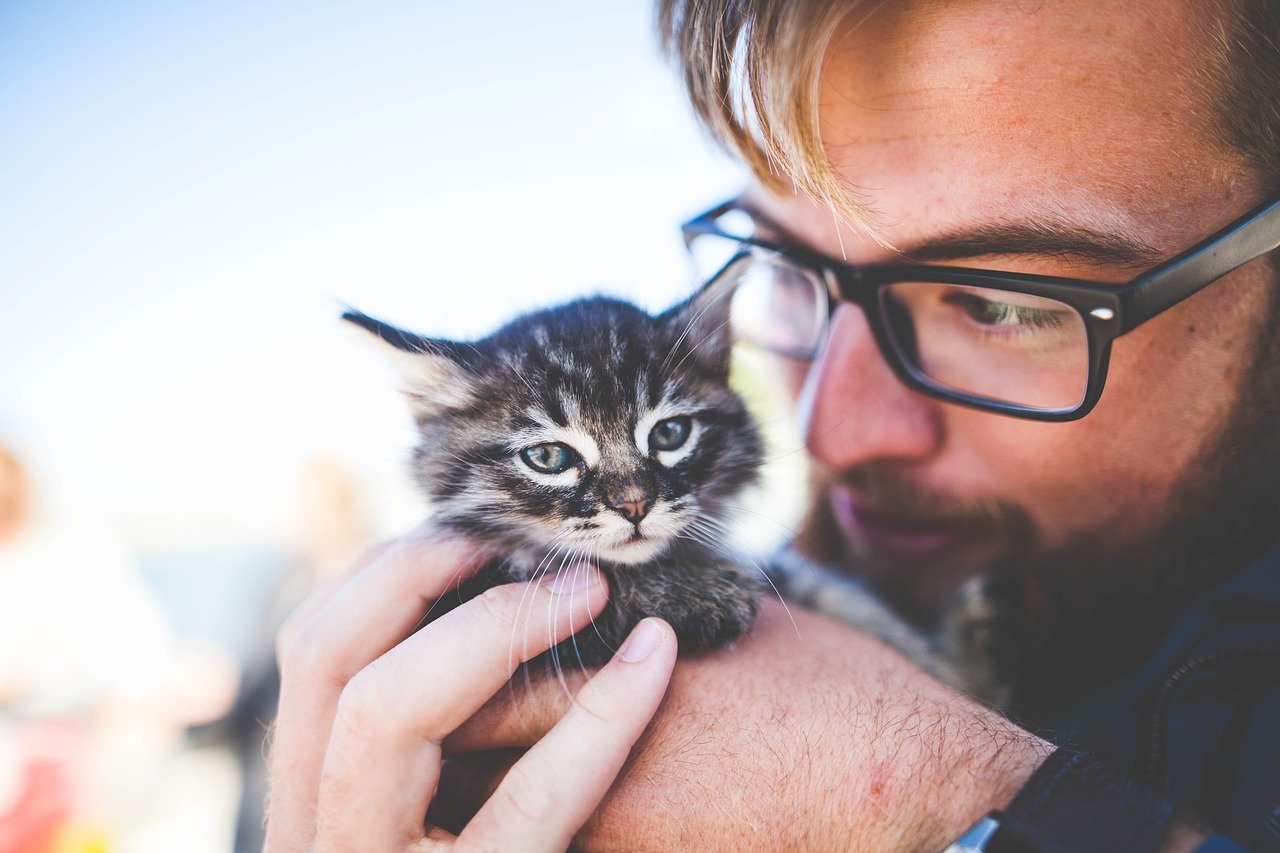
As cats age, their senses—like vision, hearing, and smell—can deteriorate. This sensory loss can make the environment feel less predictable or even scary. In these moments, your presence becomes an anchor. Senior cats may seek you out for guidance and security, drawing closer both physically and emotionally. Some owners notice their older cats become more vocal when they can’t see or hear as well, as if calling out for reassurance. Your gentle voice and familiar scent can help ground them in a world that’s suddenly a little blurrier.
Cuddling as a Coping Mechanism
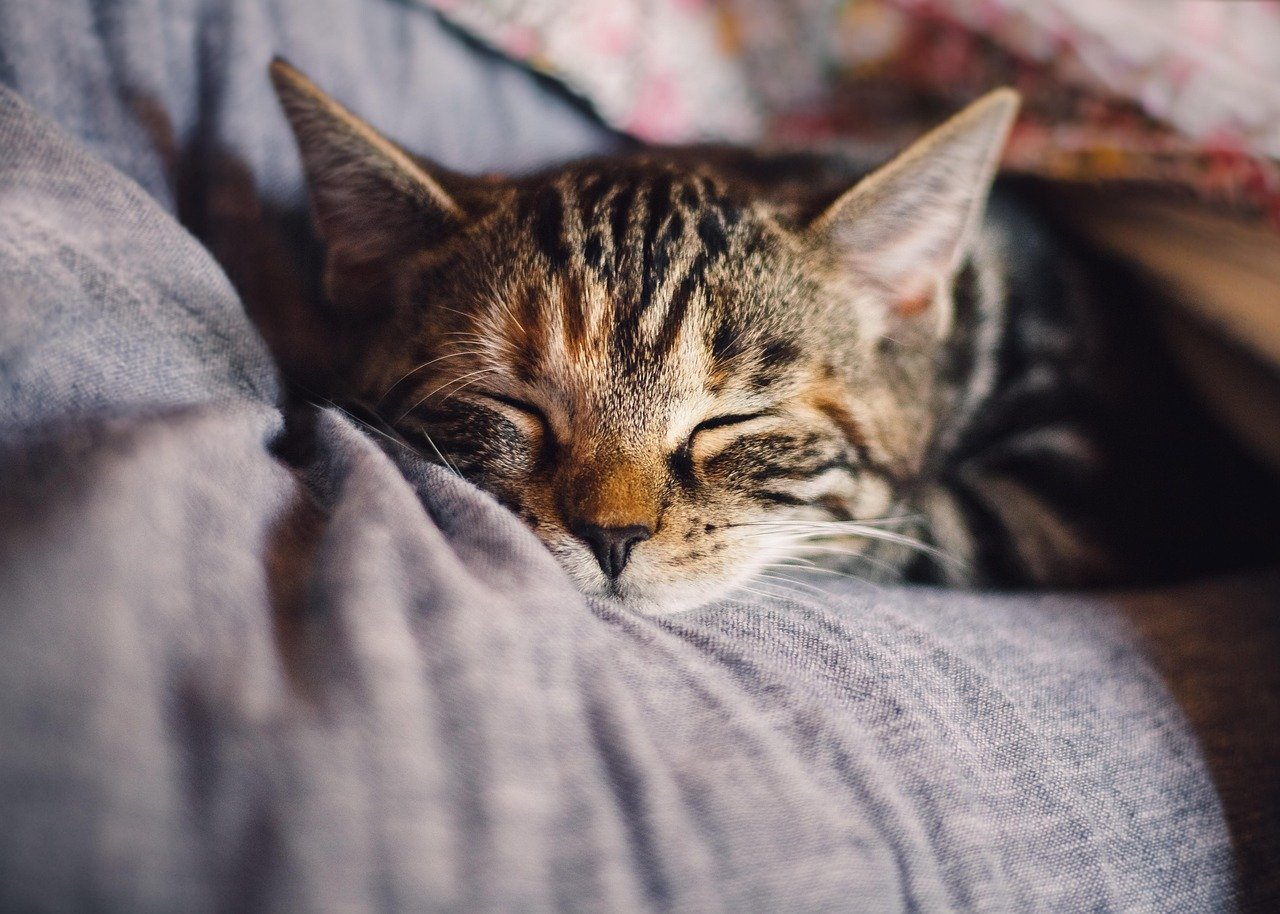
Cuddling isn’t just about seeking warmth; it’s also a coping mechanism for senior cats. Aging can be confusing and even a bit scary for them. Cuddling with you provides comfort, relaxation, and a sense of safety. You might find your senior cat crawling into bed with you more often, or curling up beside you on the couch for hours at a time. This closeness can be especially important during thunderstorms or when they feel unwell. It’s their way of saying, “I feel better when I’m with you.”
The Impact of Life Experiences
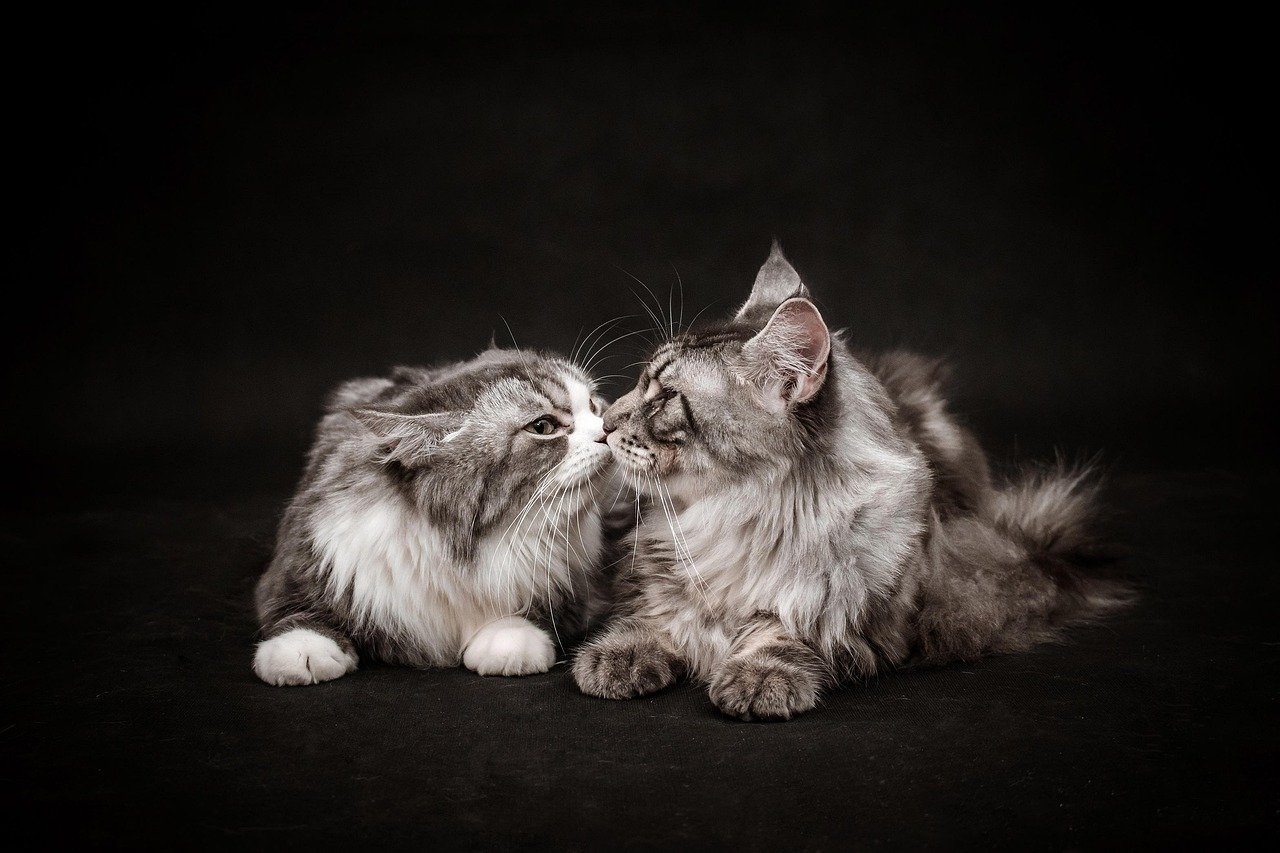
Just like people, cats are shaped by their life experiences. A senior cat who’s lived a full, happy life with you may feel a deeper bond than a younger, less-experienced feline. Years of shared experiences—good and bad—foster a sense of companionship that can’t be rushed. Older cats remember the times you cared for them when they were sick or scared. This history encourages them to show more affection as they age, almost as a way of saying thank you.
Recognizing Subtle Signs of Affection

Senior cats may not always display affection in obvious ways. Sometimes, their love shows up in quieter gestures: a soft purr, a slow blink, or a gentle paw on your hand. These subtle signs can be easy to miss if you’re not paying attention. However, once you start noticing them, you’ll see just how much your senior cat appreciates you. It’s as if they’ve developed their own secret language of love.
The Role of Human Response

How you respond to your senior cat’s affection can shape their behavior over time. Positive reinforcement—like gentle petting, soft words, and treats—encourages them to seek you out more often. If you return their affection, you’ll likely see more of it. Some cats even develop favorite “affection rituals,” such as meeting you at the door or curling up beside you as you read. Your willingness to engage makes all the difference in nurturing this emotional connection.
Managing Senior Cat Anxiety
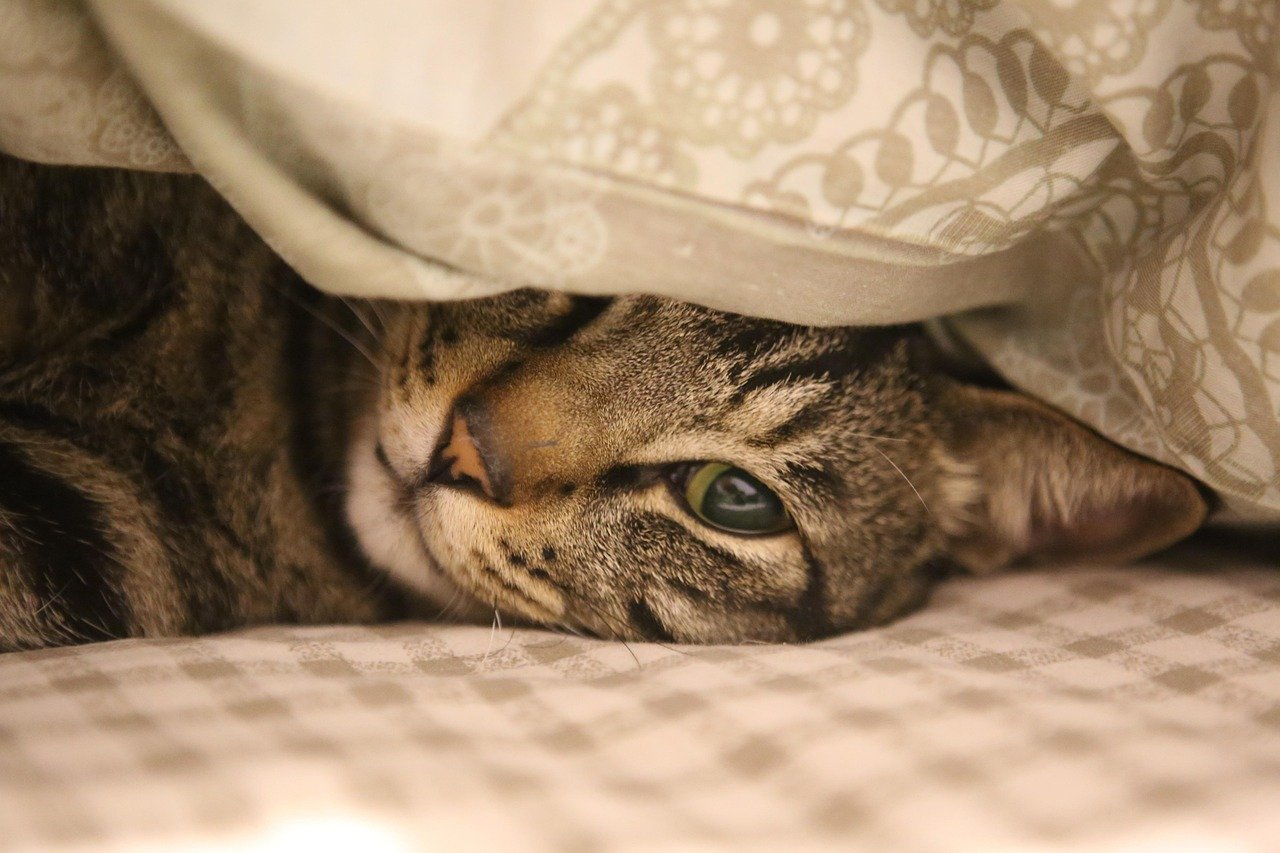
Aging can bring about anxiety in cats, just as it does in people. Changes in household routines, new pets, or even rearranged furniture can be unsettling. Senior cats often turn to their owners for comfort during stressful times. Your soothing presence can help reduce their anxiety and make them feel more secure. This need for reassurance can translate into more affectionate behavior, such as seeking out your lap or snuggling close during storms.
The Influence of Environment

The environment plays a significant role in shaping a senior cat’s behavior. A peaceful, consistent home allows them to relax and express affection more freely. Loud noises, constant changes, and chaos can make any cat nervous, but seniors are especially sensitive. When you provide a calm space, your older cat can let down their guard. It’s in these tranquil moments that you’ll notice their affectionate side shining through.
Senior Cats and the Power of Touch

Touch is a powerful way for senior cats to connect with their humans. Gentle petting, brushing, or simply sitting together can foster a sense of closeness that words can’t capture. Many older cats develop favorite touch rituals, like head butts or chin scratches, and they’ll seek these out more often. The warmth and security of your touch can be a lifeline for an aging cat, offering comfort in ways that toys or treats simply can’t.
Emotional Affection Beyond Physical Contact
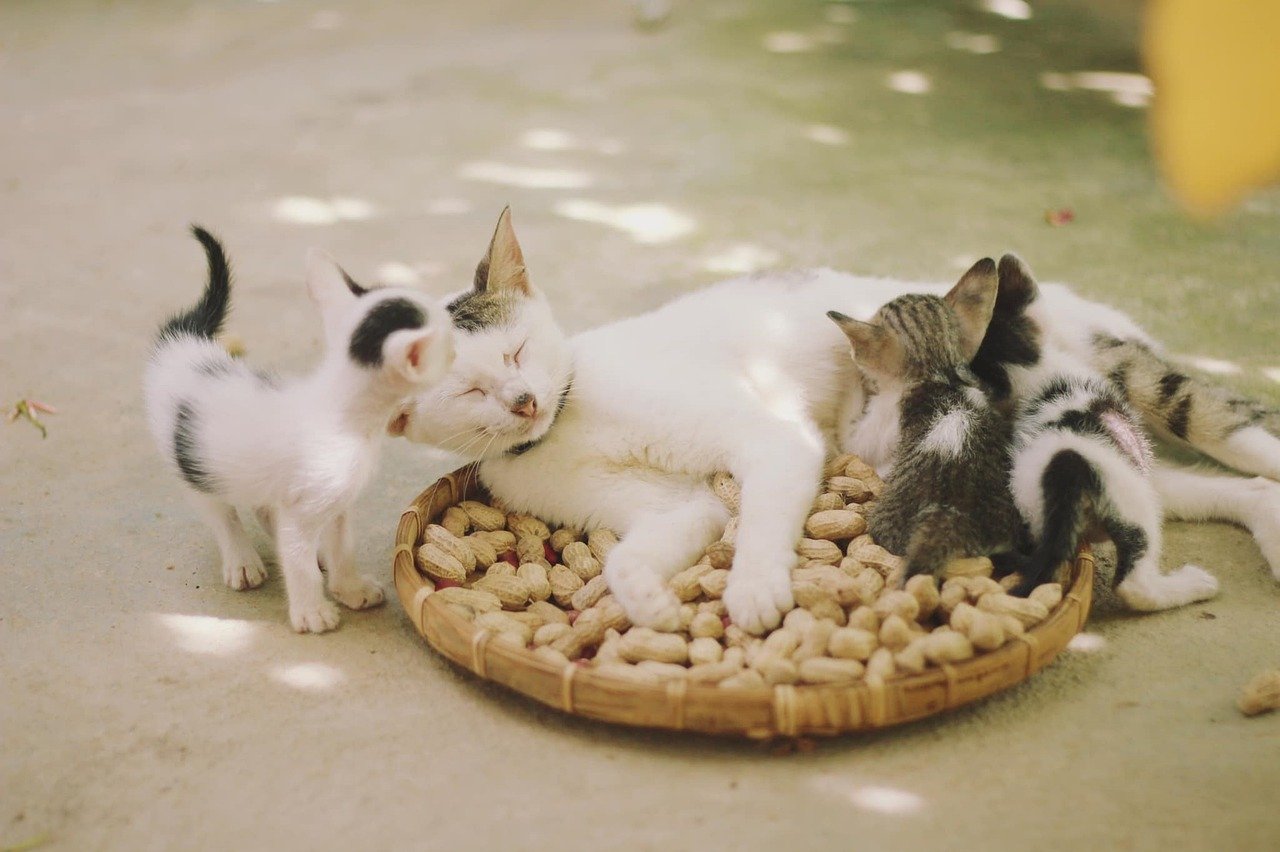
Affection isn’t always about physical closeness. Senior cats may show their love in quiet ways, like sitting nearby or gazing at you from across the room. Some will chirp or trill softly when you enter, just to acknowledge your presence. Others may follow you from room to room, never straying far from your side. This emotional closeness is a powerful sign of trust and affection, even if your cat isn’t a dedicated lap sitter.
How Routine Health Checks Can Strengthen Bonds
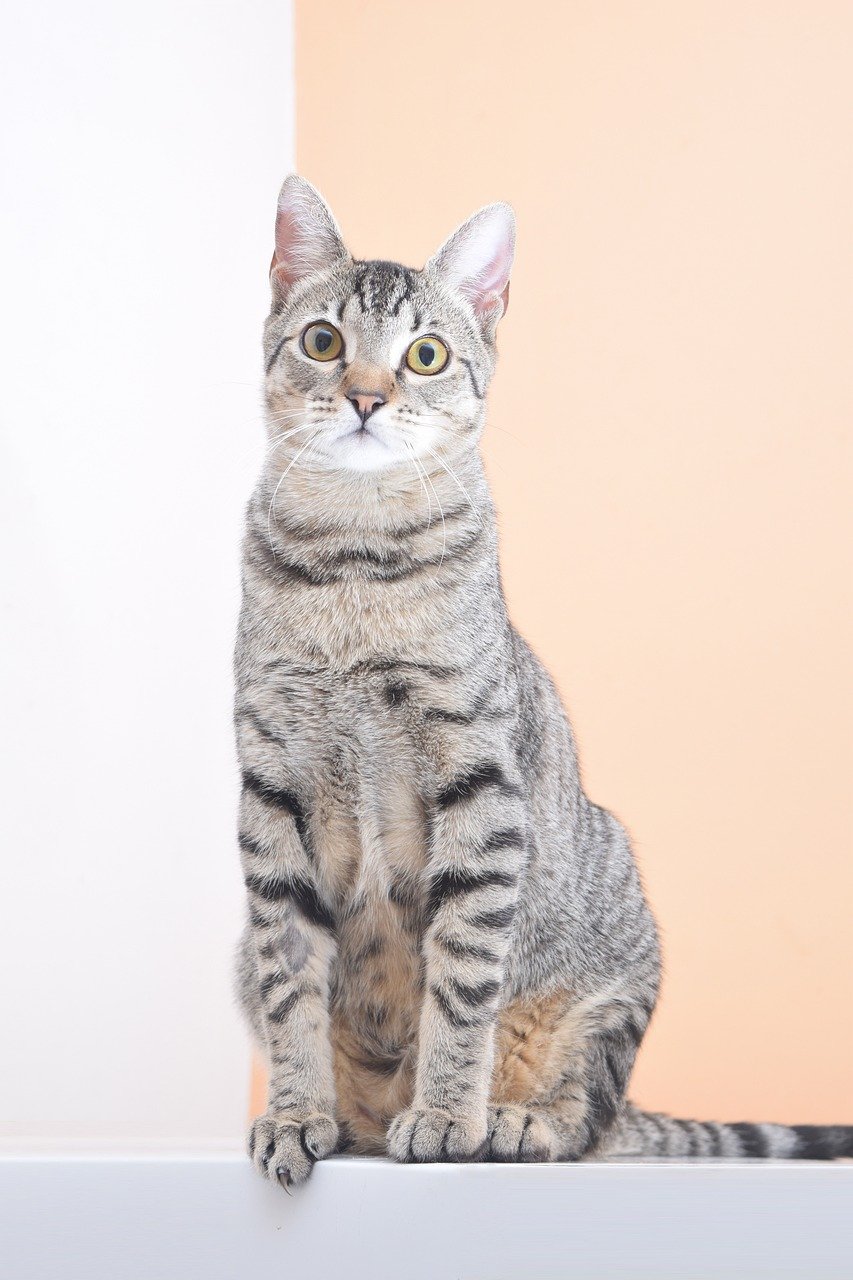
Regular health checks are crucial for senior cats, and these moments can actually strengthen your bond. Trips to the vet, daily medication, or special diets require extra care and attention. While these activities may seem routine, they offer opportunities for gentle handling and reassurance. Many cats come to appreciate the extra attention and respond with increased affection, recognizing your efforts to keep them comfortable and healthy.
Senior Cat Affection: A Reflection of Their Life Story

Every senior cat’s affectionate behavior is a reflection of their unique life story. Cats who were once strays may become especially grateful and loving in their golden years, while those raised from kittens may show a quiet, steady devotion. Their affection can be shaped by the challenges they’ve faced and the kindness they’ve received. It’s as if they carry their memories in their hearts, and in old age, those memories bloom into gentle, heartfelt love.
How to Encourage Affection in Senior Cats
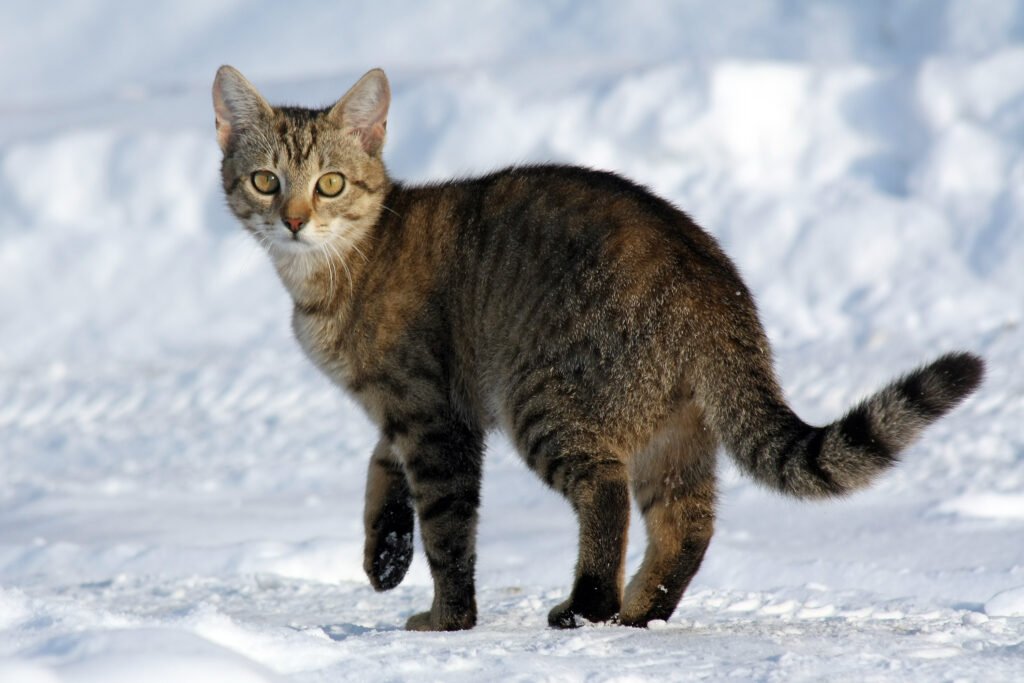
If you want your senior cat to be more affectionate, patience is key. Respect their boundaries and pay attention to their preferences. Offer soft bedding, warm spots, and quiet companionship. Create routines that include gentle petting or brushing sessions. Most importantly, respond to their attempts at affection with kindness and understanding. Over time, you may find your senior cat becoming more loving than you ever imagined.
Senior Cats: The Unexpected Joy of Late-Life Love
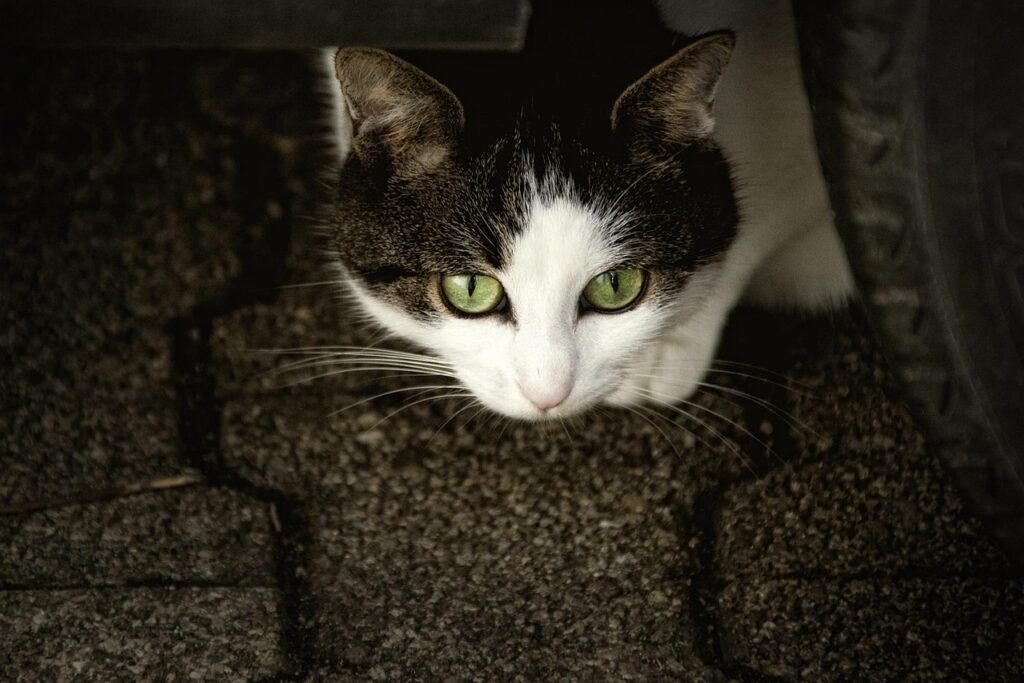
The transformation of a senior cat into a more affectionate companion can feel like an unexpected gift. After years of independence or even aloofness, their new warmth can be both surprising and deeply moving. It’s a reminder that love can grow and change, even late in life. Senior cats show us that affection isn’t just for kittens—it can be the sweetest part of their golden years. It’s never too late for a cat to steal your heart all over again.
Hi, I’m Bola, a passionate writer and creative strategist with a knack for crafting compelling content that educates, inspires, and connects. Over the years, I’ve honed my skills across various writing fields, including content creation, copywriting, online course development, and video scriptwriting.
When I’m not at my desk, you’ll find me exploring new ideas, reading books, or brainstorming creative ways to solve challenges. I believe that words have the power to transform, and I’m here to help you leverage that power for success.
Thanks for stopping by, Keep coming to this website to checkout new articles form me. You’d always love it!






